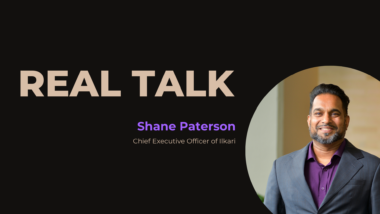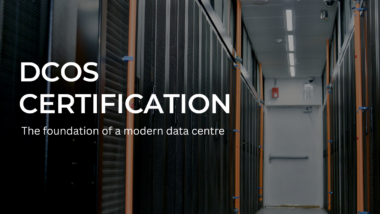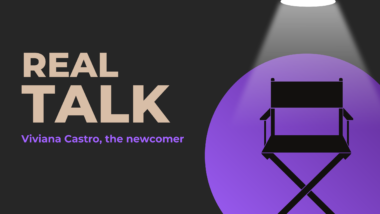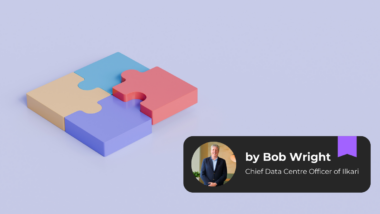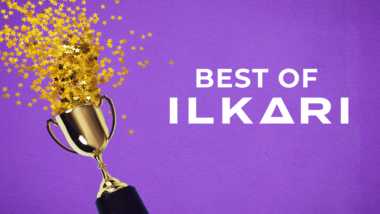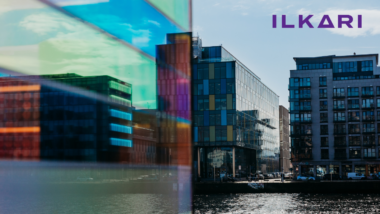Real Talk: Shane Paterson on digital sovereignty, data centres, and the future of infrastructure
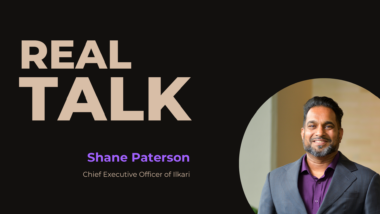
Jennifer Kite-Powell (JKP): Shane, your background spans three decades and multiple continents. When you reflect on your career, what are the common threads that have carried you through to where you are now as CEO of Ilkari?
Shane Paterson (SP): Having a strong team around you is crucial—without that, you’re nowhere. I’ve also found that solving problems quickly and with minimal fuss makes a big difference. Flexibility is key too. Businesses change and evolve, and you have to adapt to whatever situation presents itself. Honestly, I’d get bored doing the same thing every day.
JKP: You worked at Centrebet in Australia for 15 years at the start of your career, which was one of the first regulated iGaming companies in the world. Did you have a sense of where the iGaming market was heading? And does today’s reality match that early vision?
SP: I started in iGaming in my early twenties. Centrebet’s first office was a little Besa block building on the grounds of the Alice Springs Turf Club. We’d often find snakes and spiders in the server room—if you could even call it that. I remember one evening having to do a tape backup because the Todd River, which usually runs dry beside the office, was about to break its banks after heavy rains. I was wading through waist-high water with DDS tapes, trying to make sure we had a backup in case the office flooded. Luckily, it didn’t—but that experience taught me a lot about high availability and, more importantly, where not to place a server room.
As for the future of iGaming? Back then, I definitely didn’t foresee where the industry would go.
JKP: What motivated your move towards foundational infrastructure — cloud, domains, and data centres?
SP: Since launching in August 2024, I’ve been focused on what we can transform in 2025. One milestone came quickly: our data centre in Colombia became the first in Latin America to achieve SS 564 sustainability certification. That’s a significant win not just for us, but also for our customers, because they benefit from a lower environmental footprint simply by using our infrastructure.
We also became one of only 25 companies globally operating a data centre with DCOS (Data Centre Operating System) Maturity Level 3 certification—and the first to achieve Level 3 in both North and South America. This gives our customers enhanced risk mitigation, operational efficiency, and a reliable structure for their mission-critical workloads.
Another strategic move was our acquisition of Okens Domains. Domains are no longer just URLs — they’re part of national economies, cybersecurity posture, and brand identity. By bringing Okens into the fold, we extended our vision of digital sovereignty to include not only infrastructure and control but also digital presence. It’s a full-stack approach to helping companies own their future online.
All of this momentum feeds into a larger vision. We’re not building for the short term — we’re laying down the foundations of digital infrastructure that are resilient, sovereign, and ready for what’s next. And while no one can predict the future with certainty, I believe three key areas will shape how Ilkari grows and leads:
1. Enterprise-grade security and privacy
The next wave of enterprise infrastructure must be secure, sovereign, and resilient. Ilkari is focused on giving companies confidence not just in where their data resides but also in how it’s protected. We’re building infrastructure that puts security and privacy at the heart of digital operations.
2. True control over your digital infrastructure
Control is no longer a nice-to-have — it’s business-critical. From where your data is stored to how it’s accessed, achieving and maintaining data sovereignty is essential. Ilkari is designed to support that, giving organisations the tools to govern, scale, and protect their digital infrastructure with clarity and confidence.
3. Redefining the modern data centre
We’re not recycling outdated models. Ilkari is changing the formula — placing certification, sustainability, privacy, and security at the core. It’s about designing the kind of data centre that today’s digital economy demands.
JKP: Recent headlines point to a convergence of trends—from sustainable data centre practices and a surge in high-value domains to rapid infrastructure expansion across Europe. That reads like a perfect storm for what Ilkari has built. How do you see these developments aligning with Ilkari’s strategic positioning?
SP: Exactly — these trends validate everything we’ve set out to do. Let’s unpack them:
Sustainable data centre practices
The industry is under growing pressure to adopt low-impact, energy-efficient infrastructure. Innovations like immersion cooling are helping reduce energy use by up to 30%, and sustainability benchmarks are becoming standard. Ilkari’s SS 564-certified Colombian facility shows that it’s possible to balance performance and environmental responsibility, and our customers benefit from that immediately.
Surge in high-value domains
The domain market is exploding, with multimillion-pound transactions now the norm. Premium domain names are no longer just marketing tools—they’re strategic assets. Our acquisition of Okens Domains strengthens our position in delivering full-spectrum digital sovereignty, from the ground up and out to the edge.
Expansion of data centres in Europe
Europe is preparing for record-setting data centre capacity growth in 2025, driven by cloud and AI adoption. This aligns with our focus on regional sovereignty and localised control. We’re actively looking at how Ilkari can support that demand with infrastructure built for security, compliance, and efficiency from the ground up.
JKP: So, where does Ilkari go from here?
SP: Our path forward is clear. We’ll continue to lead with purpose, expanding our infrastructure, deepening our sustainability commitments, and giving our customers the tools they need to stay sovereign in a world that’s only getting more digital, decentralised, and demanding.
This isn’t just about solving today’s problems — it’s about laying the right foundations for the enterprise of the future. Infrastructure that protects their data, amplifies their presence, and keeps them in control — wherever the world moves next. Ilkari isn’t just building data centres. We’re building what comes after.
